Edward Gardner is beginning his stint at principal conductor of the London Philharmonic Orchestra with what can only be described as a declaration of intent, Tippett's The Midsummer Marriage, a programme of Lili Boulanger, Lutoslawski's Cello Concerto and Berlioz' Symphonie Fantastique, and Bartok's Bluebeard's Castle across three concerts at the Royal Festival Hall this Autumn. The start of an action packed 2021/22 season for the orchestra which also includes Karina Canellakis' first full season as principal guest conductor. Brett Dean continues as the orchestra's composer in residence with a number of UK premieres during a season which features 11 premieres in total with music by James MacMillan, Jimmy Lopez, Danny Elfman, Tan Dun, Missy Mazzoli, Rebecca Saunders, Mason Bates, George Walker and Helmut Lachenmann.
Gardner opens the season in September 2021 at the Royal Festival Hall with Tippett's The Midsummer Marriage with Robert Murray and Sophie Bevan as Mark and Jennifer, plus Ashley Riches, Jennifer France, Toby Spence, Susan Bickley and Clive Bayley, then Nicholas Altstaedt is the soloist in Lutoslawski's Cello Concerto, plus Lili Boulanger and Berlioz' Symphonie Fantastique, and John Relyea and Ildiko Komlosi star in Bartok's Bluebeard's Castle.
He returns in March 2022, for a programme of Judith Weir and Daniel Kidane, plus Shostakovich's Cello Concerto No. 2 (with Sheku Kanneh-Mason) and Bartok, Bryn Terfel in Brahms' Four Serious Songs, the UK premieres of Missy Mazzoli's River Rouge Transfiguration, Rebecca Saunders to an utterance (with Nicolas Hodges), Mason Bates' Liquid Interface and George Walker's Sinfonia No. 5, Brahms' German Requiem with Christiane Karg and Roderick Williams, the UK premiere of Brett Dean's Cello Concerto (with Alban Gerhardt) plus Britten and RVW's Symphony No. 5, and a celebration of the music of Oliver Knussen. Gardner brings the season to a close in May 2022 with Mahler's Das Lied von der Erde (with Magdalena Kozena and Andrew Staples) and Harrison Birtwistle's Deep Time.
Karina Canellakis' programmes with the orchestra include John Adams, Gershwin's Piano Concerto in F (with Inon Barnatan), Beethoven's Piano Concerto No. 3 (with Stephen Hough), Victoria Borisova-Ollas, Sibelius' Violin Concerto with Christian Tetzlaff, Lili Boulanger, Ravel's Piano Concerto for the Left Hand (with Cedric Tiberghian) and Scriabin's Poem of Ecstasy.
Other highlights of the season include Mark Elder conducting the delayed UK premiere of James MacMIllan's Christmas Oratorio with Lucy Crowe and Roderick Williams, Vladimir Jurowski conducts the world premiere of the revised version of Brett Dean's Nottuno Inquieto (Rivisitato) along with Shostakovich (with Leonidas Kavakos) and the UK premiere of Helmut Lachenmann's Marche fatale with Mitsuko Ushida in Beethoven's Piano Concerto No. 4, Hannu Linttu conducts Brett Dean's Viola Concerto (always an interesting prospect as Dean is a viola player himself) with Lawrence Power, Tan Dun conducts the UK premiere of his Buddha Passion, Klaus Makela conducts the world premiere of Jimmy Lopez' Piano Concerto (with Javier Perianes) plus John Adams, Kaija Saariaho and Richard Strauss, and Colin Currie is the soloist in the world premiere of Danny Elfman's Percussion Concerto.
Full details from the London Philharmonic Orchestra's website.




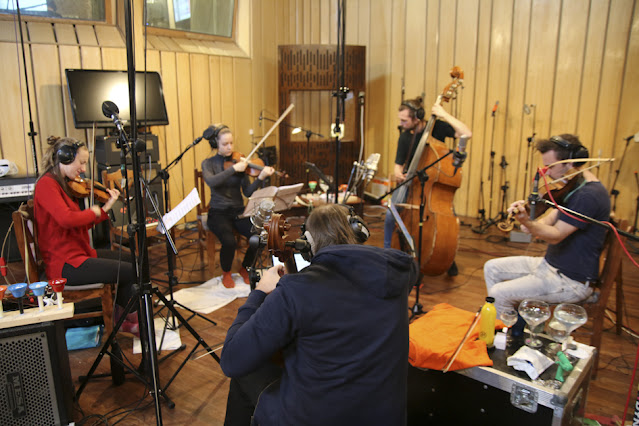







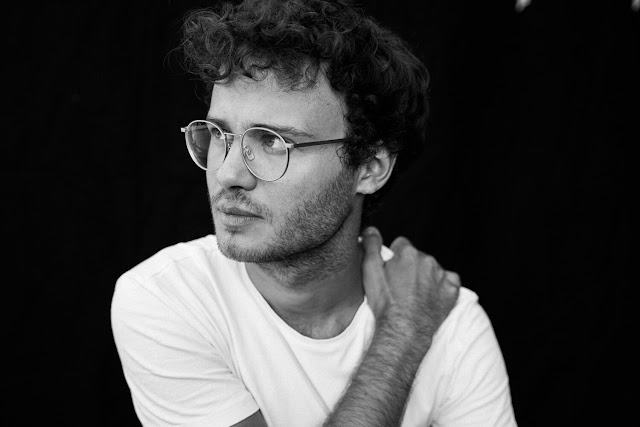
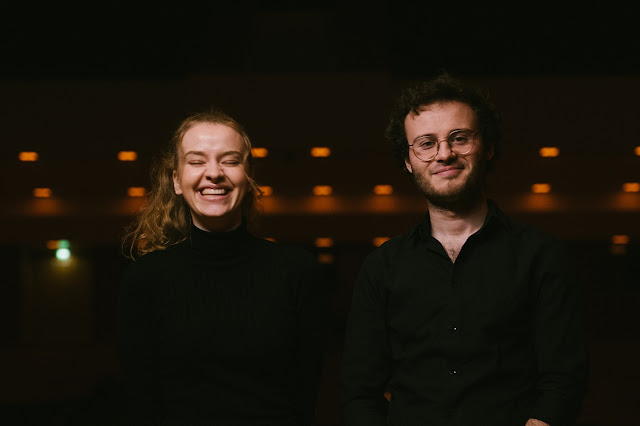



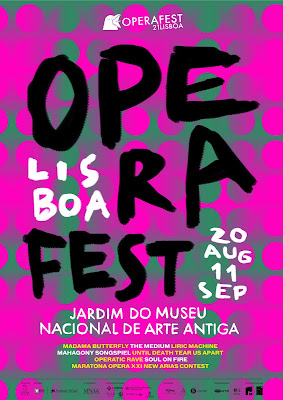



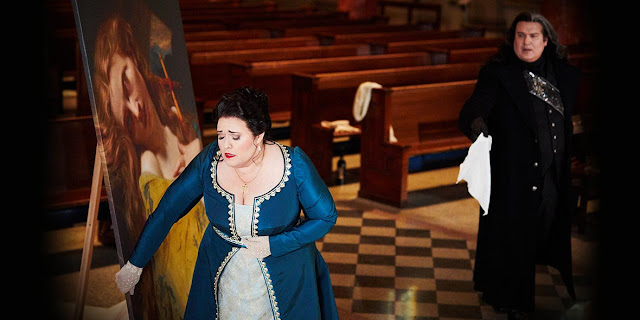
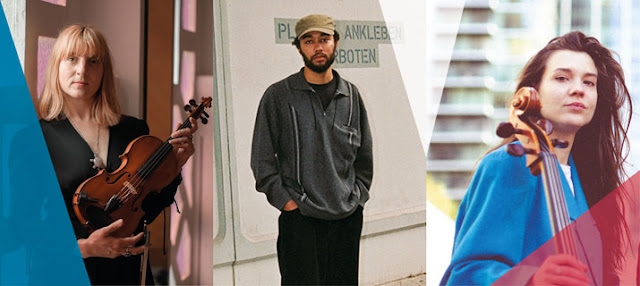








.jpg)



.jpg)




